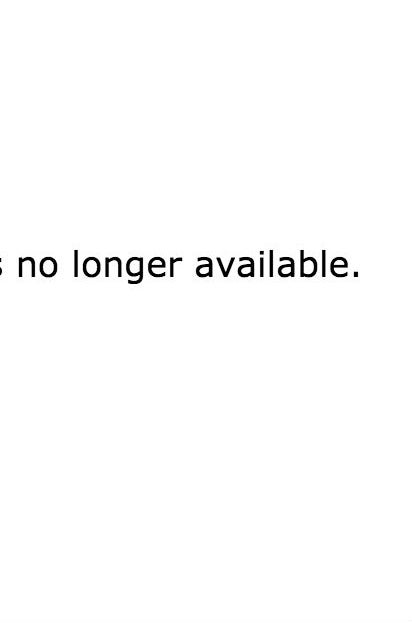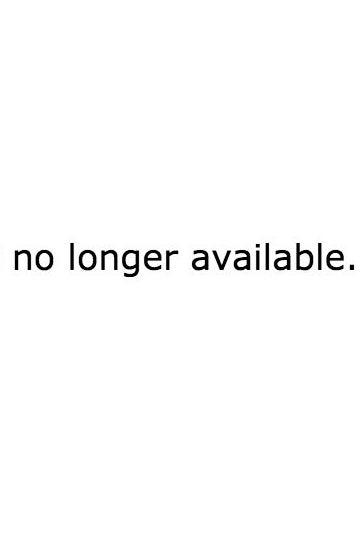
"This is no zombie government," read the front page headline of The Daily Telegraph the other day, referencing a reaction to Ed Miliband's claim of a "zombie" coalition that has run out of steam.
Do the politicians in our cabinet and brain-hungry zombies actually have anything in common? Simon Johnson, co-founder of the increasingly popular adult tag game 2.8 Hours Later, thinks zombies speak volumes about our political landscape.
2.8 Hours Later sees participants "fight for survival" against zombie volunteers in bare urban landscapes in cities around the UK.
"We founded the game in Bristol in September 2009, around the time David Cameron was elected," Johnson tells BuzzFeed, "with the return of the Conservatives, we felt that society was going to be in free-fall; the recession, cuts in public spending, [heralding] a very deconstructed and inward looking period… society eating itself. So a zombie apocalypse seemed fitting."

Car parks, industrial estates and barren warehouses across London, Manchester, Edinburgh, and elsewhere, make up the bleak locations of deadly apocalyptic scenarios, where marauding zombies are hungry for brains. Played by actors and volunteers, the undead are given a grim makeover to look the part and taught the ways of zombie-ing at Zombie School: moaning, screeching, gibbering and the all important zombie-walk.



Six years ago Johnson and his business partner Simon Evans set up Pervasive Media in Bristol, a research and development studio, leading to the creation of entertainment company Slingshot, followed by the launch of 2.8 Hours Later.
The company have produced around 40 games, with 500-600 players fighting up to 70 zombies per adventure. Now approaching its fifth year, the game has developed in the shadow of our coalition government.
Politics and an urban zombie game may seem an unlikely union, but the creators behind 2.8 Hours Later are determined to use the zombie genre as a vehicle for social commentary. "They're a fantastic monster for our age," Johnson says, "we are a society that lives in the shadow of its own self-destruction. Will it be our fraudulent economics that destroy us, or the squandering of our environmental resources?"
In a bid to foreground the game's political nature, Johnson and his team created the fictional Twitter account @UKcoalition, tweeting out fake updates from the government about the zombie-ridden UK.
Delays on the Jubilee, DLR, Central and Overground. This is due to infected on the tracks.
Each year the game features a new plot in the fictional apocalyptic world. 2009 saw the point of initial outbreak, followed by the shutting of public services. "We embedded the theme of government cuts, we used a lot of derelict buildings in the game, such as schools and a bank, to mirror the social collapse of public institutions."

Last year's game examined the issue of immigration. "You became an asylum seeker," Johnson explains, "you arrived in the 'safe' [uninfected] city, as though you were in a terminal area, which was generally a car park, you would then be processed into the city, go to a welfare registration office and have a medical check-up."
Mirroring the experiences of real asylum seekers, players would quickly find that they "fell through the gaps in the system", with no work and a dangerous black market to escape from, forced to flee the city and face zombies.




This year's plot tackles the global issue of water rights. Along with a couple of BuzzFeed colleagues, I took up the 2.8 Hours Later challenge in the rainy streets of Wembley, North London. The challenge: retrieve safe drinking water from an unknown location and bring it back safe to the 'safe zone', dodging infected zombies scattered around Wembley's roads and car parks.
Politics and metaphors aside, the tag game is straightforward knockabout fun, tapping into an adrenaline-fueled fight-or-flight state of frenzy.




Surprisingly, there's a lot of laughing in the face of blood-drenched zombies. Johnson says laughter is a common reaction amongst players. "Freud's analysis of laughing is that it's a way of diffusing a situation that could potentially have been elevated to a crisis situation. So it's about the removal of a threat and return to safety."
Zombie-ing is taught at Zombie School, where the organisers pass on the fine art of walking and talking like the Undead. Johnson's top tips for being a zombie: "Work on your footwork, get that right and everything else falls into place. Try not to be too symmetrical; walk with your left elbow leading you forwards, disrupting the way in which you hold your weight, making you look more monstrous. Remember, it's not all about how you look, you have to get that zombie moan sorted."
The chance to play a drooling corpse has struck a popular chord around the country, with over 2,000 aspiring zombies applying for roles in Cardiff.
19-year-old university student Nicole Gray gave a zombie performance in Edinburgh this year, she told us: "You have to think about your human character but also the type of zombie you are. Seeing the zombies when I was an extra in Edinburgh was like a scene out of Shaun of the Dead, it looked amazing."




Graduates of Zombie School in Cardiff and London.
There's something primal about being chased by a monster. Dodging the clutches of gangly-limbed zombies in derelict corridors makes you discover dormant survival instincts.
Kate Upton, from Stirling, Scotland, says: "I learned a lot about myself that night. Mainly that I am almost definitely the kind of person who would push their asthmatic friend into the path of an oncoming zombie. It's a tig-meets-scavenger hunt, punctuated by moments of sheer terror."

After its success in the UK, the adventure game is looking to spread its infectious fun across the pond to America. "The zombie theme is international," says Johnson, "There are slight variances in different cultures, but the Western Europe and American market have a very similar take on zombies."
Are Slingshot only interested in playing with the undead? "We're working on developing a new game, not zombie-based. It will be a cross-city game with an artificial intelligence, communicating with you; a number of different tasks, dictated by A.I., all about a sinister relationship with technology.
"Another game in development involves your environment being controlled with your body and bio-data. So you're put into a bio-harness and your breathing rate and heart rate is used to trigger things in the world around you. We have an exciting year coming up."
2.8 Hours Later could be described as little more than an elaborate cat and mouse game, but the attention to plot immerses you in an anarchic world that, in the moment, feels startlingly real.
Whether or not you believe we are ruled by a "zombie government", what about the threat of a real zombie invasion? The traditional brain-eating kind?
"Whenever I talk at public speaking events," Johnson adds, "I ask for a show of hands for how many people have a contingency plan for a zombie apocalypse – the hands go up all around the room.
"You will be amazed at how many people have worked on escape plans for a zombie apocalypse."


